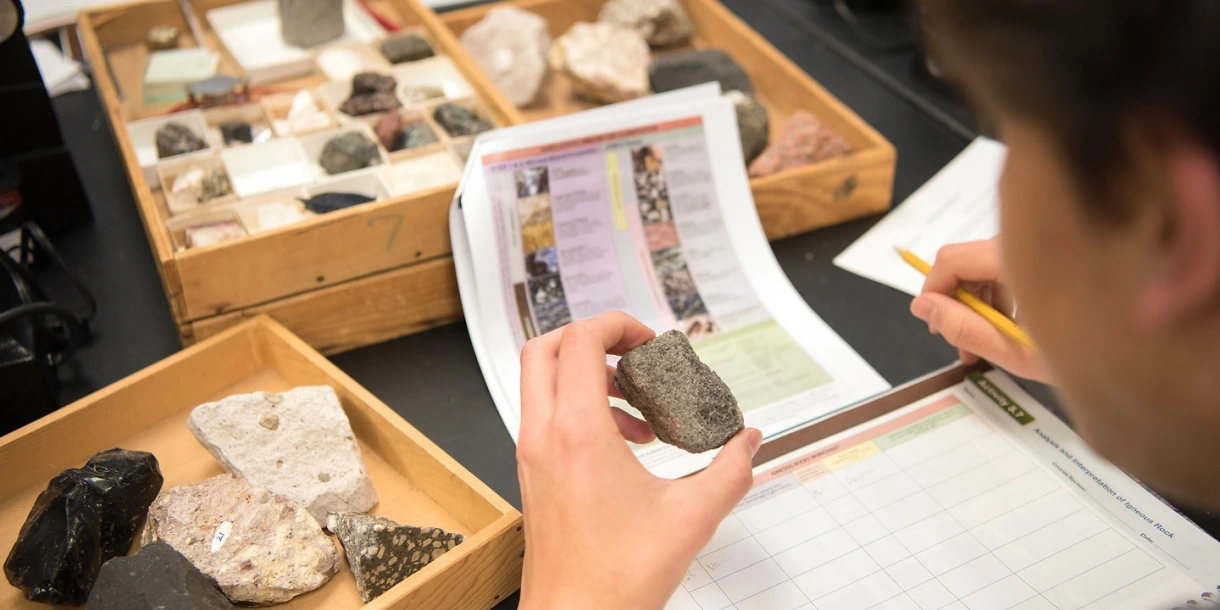
A Complete Guide to Studying Geology: Careers, Courses & Famous Geologists
What is Geology?
Geology is the scientific study of the Earth, its materials, structure, processes, and history. It explores how the planet’s landforms, rocks, and natural resources have evolved over millions of years. Geologists study everything from volcanoes and earthquakes to fossils and minerals, helping us understand Earth’s past, present, and future.
What Can You Do with a Geology Degree?
A degree in geology opens doors to a variety of career paths in different sectors. Some common roles include:
- Environmental Consultant – Assessing land for development and managing pollution issues.
- Geotechnical Engineer – Studying soil and rock stability for construction projects.
- Hydrogeologist – Working with groundwater and water resource management.
- Mining Geologist – Exploring and extracting valuable minerals and resources.
- Petroleum Geologist – Searching for oil and gas reserves.
- Volcanologist or Seismologist – Studying earthquakes and volcanic activity.
- Academia and Research – Teaching and conducting research at universities.
What Might You Learn in a Geology Degree?
A geology degree covers a wide range of topics related to Earth sciences. Some of the key subjects include:
- Mineralogy and Petrology – Study of minerals and rocks.
- Paleontology – Study of fossils and ancient life forms.
- Structural Geology – Understanding rock formations and tectonic movements.
- Geophysics – Using physics to study Earth's interior.
- Sedimentology – Examining sediments and processes that shape landscapes.
- Geochemistry – Chemical processes affecting Earth's composition.
- Environmental Geology – Impact of human activity on Earth’s resources.
What Should I Study to Pursue a Geology Degree?
If you’re interested in geology, certain high school subjects will help prepare you for a degree in the field:
- Geography – Understanding landforms, natural hazards, and ecosystems.
- Physics – Essential for studying geophysics and structural geology.
- Chemistry – Important for geochemistry and mineralogy.
- Biology – Useful for paleontology and environmental geology.
- Mathematics – Needed for data analysis and geological calculations.
What Do People Who Study Geology Go On to Do?
Geology graduates work in various industries, including:
- Energy Sector – Oil, gas, and renewable energy exploration.
- Environmental Science – Conservation, climate change research, and sustainability.
- Mining and Resource Management – Exploration of minerals, metals, and fossil fuels.
- Government Agencies – Geological surveys, disaster management, and policy-making.
- Academia – Teaching and conducting research at universities.
Famous People Who Studied Geology
Several renowned individuals have backgrounds in geology:
- Charles Darwin – Studied geology during his voyage on the HMS Beagle, influencing his theory of evolution.
- James Hutton – Known as the "Father of Modern Geology," he developed the concept of deep time.
- John Wesley Powell – Geologist and explorer who led the first expedition through the Grand Canyon.
- Richard Fortey – Paleontologist and author of many popular science books on Earth's history.
- Marcia McNutt – Former director of the US Geological Survey and geophysicist.
Conclusion
A geology degree provides an exciting opportunity to explore Earth's history, natural resources, and environmental challenges. Whether you’re interested in research, industry, or conservation, geology offers diverse career prospects with real-world impact.